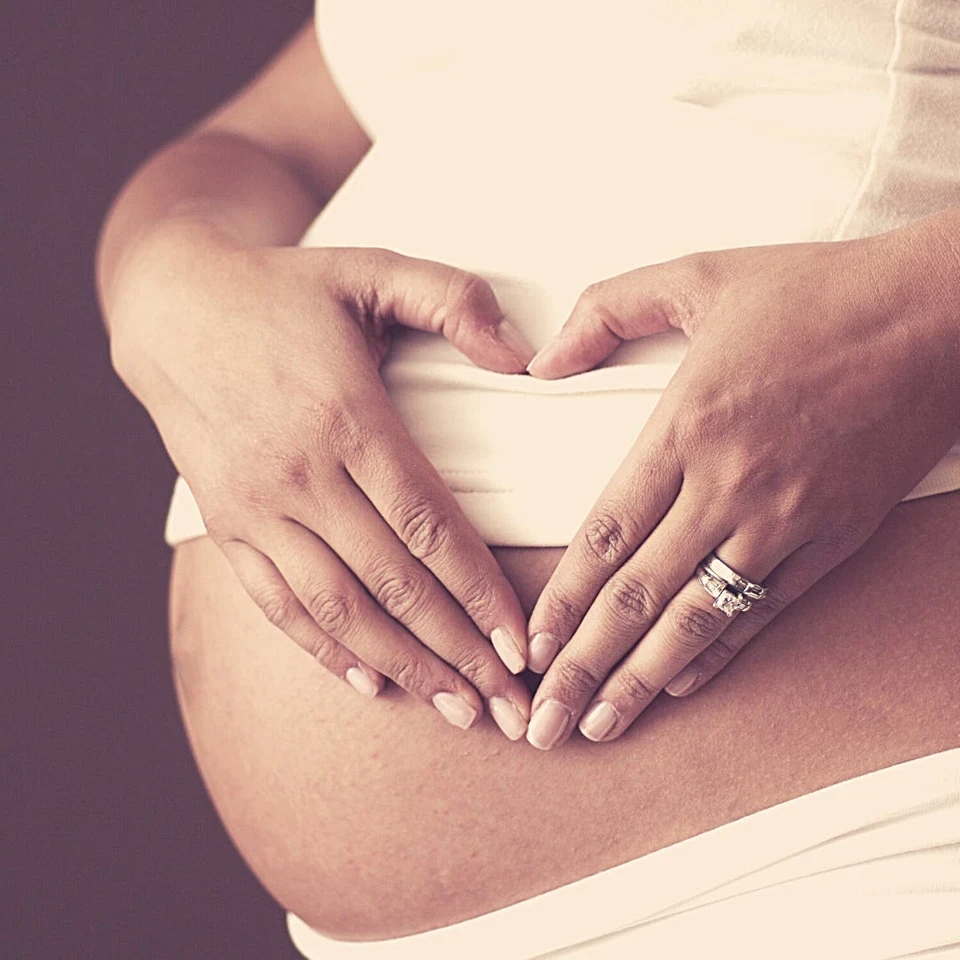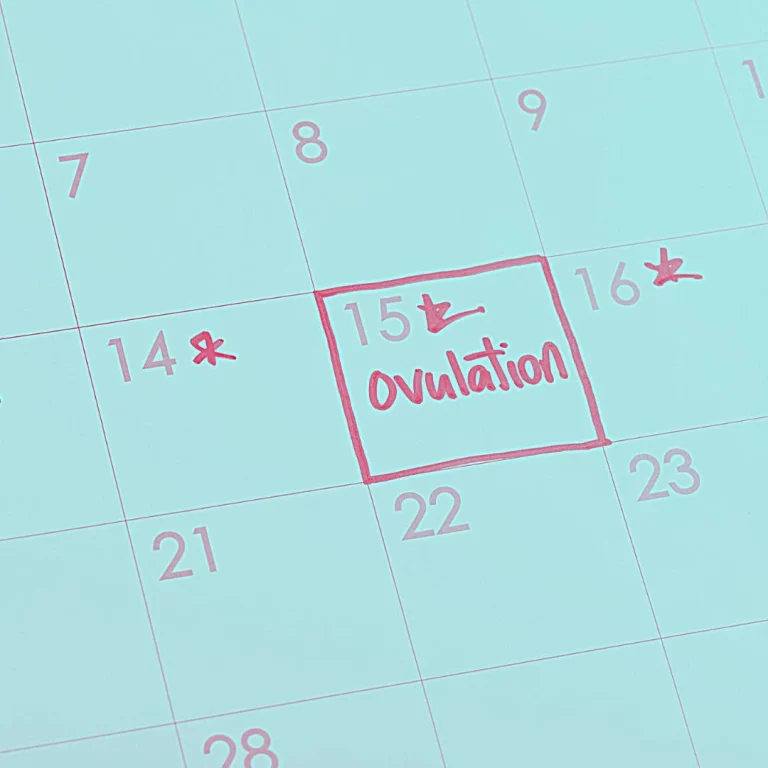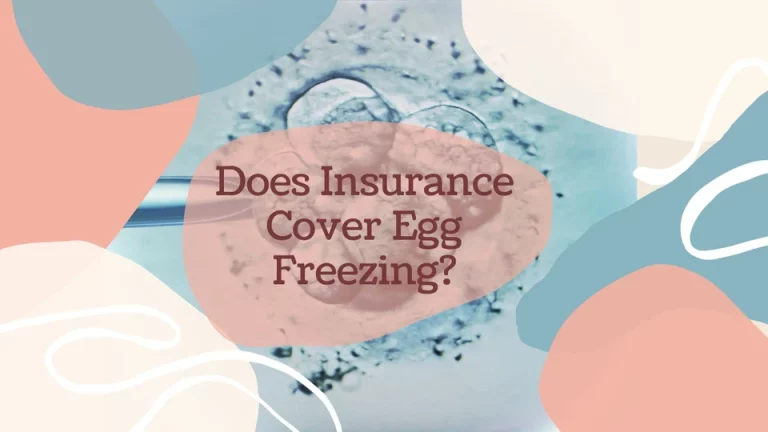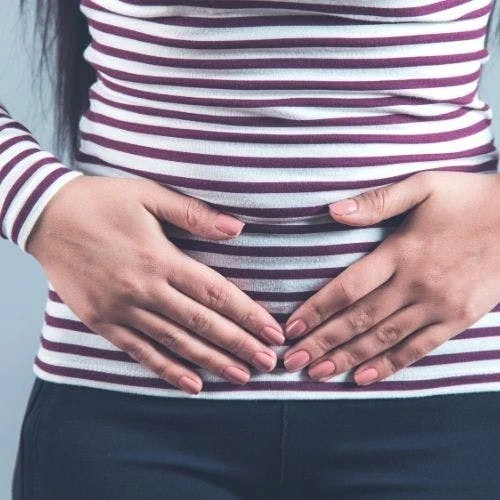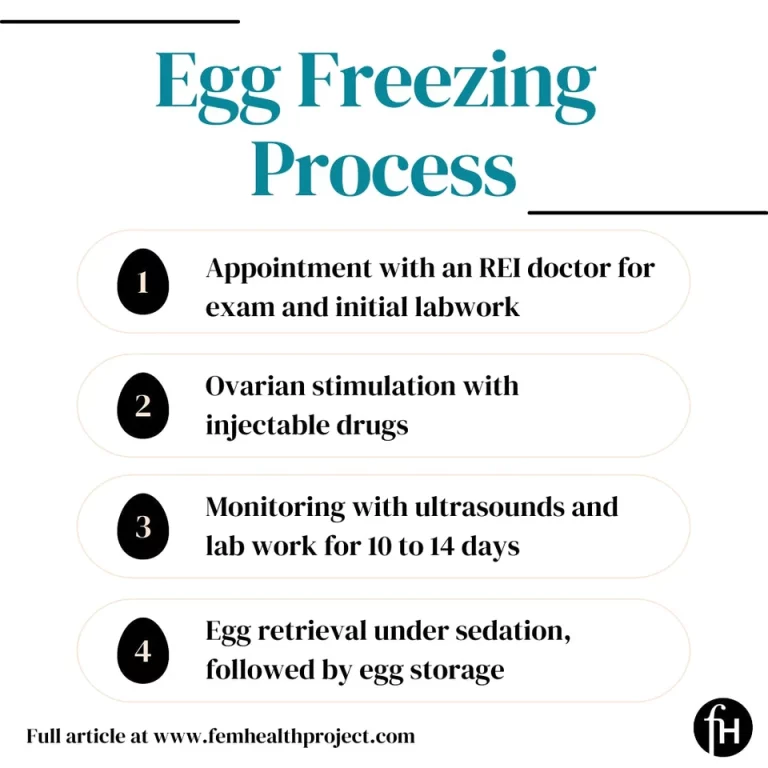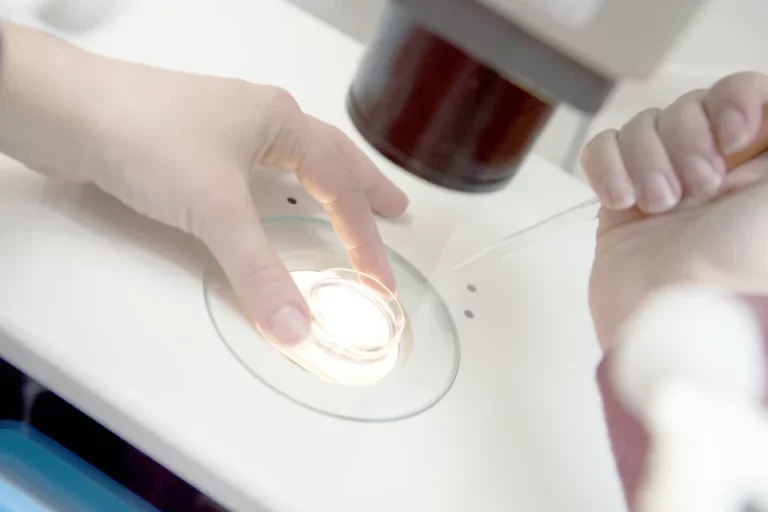Best Age To Get Pregnant With PCOS: Fertility Options
Polycystic ovary syndrome (PCOS) is a hormonal disorder that affects many women of reproductive age. One of the most common concerns for women with PCOS is their ability to conceive and carry a healthy pregnancy. While it is possible for women with PCOS to get pregnant, it may take longer and require more effort than for women without the condition.
Age is a crucial factor when it comes to fertility, and it becomes even more critical for women with PCOS. As women age, their fertility declines due to a decrease in egg count and quality. Therefore, it is essential to consider the best age to get pregnant with PCOS, which can increase the chances of a successful pregnancy.
In this article, we will explore the best age to get pregnant with PCOS and what factors to consider when trying to conceive. We will also discuss the challenges that women with PCOS may face during pregnancy and how to manage them for a healthy pregnancy and baby.
Understanding PCOS
What Is PCOS?
Polycystic Ovary Syndrome (PCOS) is a hormonal disorder that affects women of reproductive age. It is one of the most common causes of infertility in women. PCOS is typically characterized by 3 main characteristics: irregular menstrual cycles, elevated androgen levels which are male hormones such as testosterone, and “polycystic” appearing ovaries on sonogram. An individual needs to have at least 2 out of these 3 characteristics to meet the diagnosis of PCOS. Women with PCOS often have irregular ovulation. In the United States it is a disease that is commonly associated with infertility.
Symptoms Of PCOS
The symptoms of PCOS can vary from woman to woman. Some of the most common symptoms include irregular periods, weight gain, acne, excessive hair growth, and hair loss. Women with PCOS may also have difficulty getting pregnant. PCOS can also increase the risk of developing other health problems, such as diabetes and heart disease. It is important to note that not all women with PCOS will have all of these symptoms.. If you suspect that you may have PCOS, it is important to talk to your doctor. They can perform tests to diagnose PCOS and help you manage your symptoms. In summary, PCOS is a hormonal disorder that affects women of reproductive age. It can cause a range of symptoms, including irregular periods, weight gain, and difficulty getting pregnant. If you suspect that you may have PCOS, it is important to talk to your doctor.
Best Age To Get Pregnant With PCOS
The best age to get pregnant with PCOS is generally considered to be before the age of 35, and ideally before the age of 32. Fertility drops sharply at 32, again at 35, and again at 37. PCOS can make it challenging for women of reproductive age to conceive, but it is not impossible. In general, it is easier to have a child as a younger woman than it is for older women. Because the chance of pregnancy is naturally lower at an older age, if it is possible, PCOS patients should consider having a child earlier. In this section, we will discuss the best age to get pregnant with PCOS, the factors to consider, the recommended age range, and the risks of pregnancy with PCOS.
Factors To Consider
Several factors can affect your fertility when you have PCOS. These include:
- Age
- Weight
- Insulin resistance
- Hormonal imbalances
- Presence of other medical conditions
It is essential to address these factors before trying to conceive to increase your chances of getting pregnant and having a healthy pregnancy.
Recommended Age Range
Women under the age of 35 have a better chance of conceiving in the first year of trying. After the age of 35, fertility declines significantly in all patients whether or not you have a diagnosis of PCOS. Furthermore, the risks of pregnancy complications, such as gestational diabetes and preeclampsia, increase. However, this does not mean that women over the age of 35 cannot get pregnant with PCOS. Because fertility problems are very common in patients with PCOS, having an appointment with a reproductive endocrinologist can be very helpful. This specialized doctor can do blood tests as well as an ultrasound to determine your ovarian reserve. The effects of age happen to everyone so the best time to conceive is in your twenties and early 30s. However, this is not possible for many young women and the most important thing is to talk about your health conditions to your doctor.
Fertility And PCOS
Polycystic ovary syndrome (PCOS) is a hormonal disorder that affects women of reproductive age. It is the most common cause of infertility in women, affecting up to 10% of women of reproductive age. Women with PCOS often have irregular menstrual cycles and may not ovulate regularly, making it difficult to get pregnant.
How PCOS Affects Fertility
Related: Take Charge Of Your Fertility: 4 Steps To Take Now
PCOS affects fertility in several ways. Women with PCOS often have high levels of androgens, which are male hormones that interfere with the normal functioning of the ovaries. This can lead to the development of small cysts on the ovaries, which can interfere with ovulation. Women with PCOS may also have insulin resistance, which can lead to high levels of insulin in the blood. High insulin levels can cause the ovaries to produce more androgens, further interfering with ovulation.
Challenges Of Getting Pregnant With PCOS
Getting pregnant with PCOS can be challenging, but there has been significant advances in reproductive technology and fertility medications that have increased a woman’s chances of conceiving. Women with PCOS may need to work with a fertility specialist to conceive. PCOS patients may also need to carefully time their sexual activity within their fertile window or use an ovulation predictor kit to help them have higher success rates of conceiving naturally.
If you are not able to get pregnant naturally, your health care provider may suggest certain treatment options. These may include lifestyle changes, such as weight loss and exercise, medications to induce ovulation, or assisted reproductive technologies, such as in vitro fertilization (IVF) or intrauterine insemination (IUI).
Women with PCOS may also be at higher risk for pregnancy complications, such as gestational diabetes, preeclampsia, and preterm labor. It is important for women with PCOS to work closely with their healthcare provider throughout their pregnancy to manage these risks.
IVF And PCOS
IVF may be an option for women with PCOS who are unable to conceive through other means. IVF involves fertilizing eggs outside the body and then transferring them to the uterus. Women with PCOS may respond well to IVF because they tend to produce a large number of eggs. However, there is also a higher risk of ovarian hyperstimulation syndrome (OHSS) with IVF in women with PCOS. OHSS is a potentially serious condition that can cause abdominal pain, bloating, and fluid buildup in the abdomen.
Egg Freezing & Embryo Freezing
Overall, women with PCOS may face challenges when trying to conceive, but there are treatment options available. Working closely with a healthcare provider and a fertility specialist can help women with PCOS achieve their goal of becoming pregnant. If you are not in a place where you want to have children, you can ask your Ob Gyn about egg freezing or embryo freezing. These can help to preserve your natural fertility at the age the eggs are frozen. Patients with PCOS may want to consider this in their twenties or early thirties if they are confident they want children but are not in a place where they can do it at that time.
Pregnancy Risk And PCOS
Women with PCOS have an increased risk of having complicated pregnancies. Research has shown that pregnant women with PCOS are more likely to experience certain pregnancy complications. These include gestational diabetes, pregnancy-induced hypertension, and preeclampsia.
Gestational diabetes is a type of diabetes that develops during pregnancy. It can cause high blood sugar levels and may put the pregnancy and baby at risk. Women with PCOS are at a higher risk of developing gestational diabetes because both conditions are associated with insulin resistance. It is important to diagnose PCOS before becoming pregnant to prevent gestational diabetes.
Studies have shown that women with PCOS have an increased risk of developing gestational diabetes during pregnancy. A large-scale study conducted in 2020 found that PCOS is an independent risk factor for gestational diabetes, regardless of body fat levels. The risk of gestational diabetes increases with age and can lead to type 2 diabetes later in life for both mother and child.
It is crucial for women with PCOS to receive proper prenatal care and to manage their symptoms to reduce the risks of pregnancy complications. This includes maintaining a healthy weight, managing insulin resistance, and monitoring hormone levels. Because increasing age can also mean an increased risk for medical issues like gestational diabetes, if it is possible for women of childbearing age who have PCOS to conceive before 35, it may give them better chances of pregnancy without GDM (gestational diabetes mellitus).
Best Age To Get Pregnant With PCOS: Summary
It is very difficult to exactly plan when you are going to have a child. Patients with PCOS may need fertility treatment or some assistance from modern reproductive medicine experts to help with getting pregnant. The good news is that there are also many PCOS patients who are to have a healthy baby without IVF treatment. If it aligns with your family planning and life circumstances, patients with PCOS likely have a higher percent chance of having a baby if they conceive in their twenties or early thirties.
However, there is no guarantee and the best thing to do is maintain a healthy lifestyle, healthy diet, and get an expert reproductive endocrinologist involved in your care. This specialized doctor can help you evaluate your fertility and offer you options such as freezing your eggs or freezing embryos to help you preserve your fertility if you are not ready to have a baby.
We discuss products we think are useful to people. If you buy something through our links, we may earn a commission. Remember to check with your personal physician to see if a product recommended is right for you.


